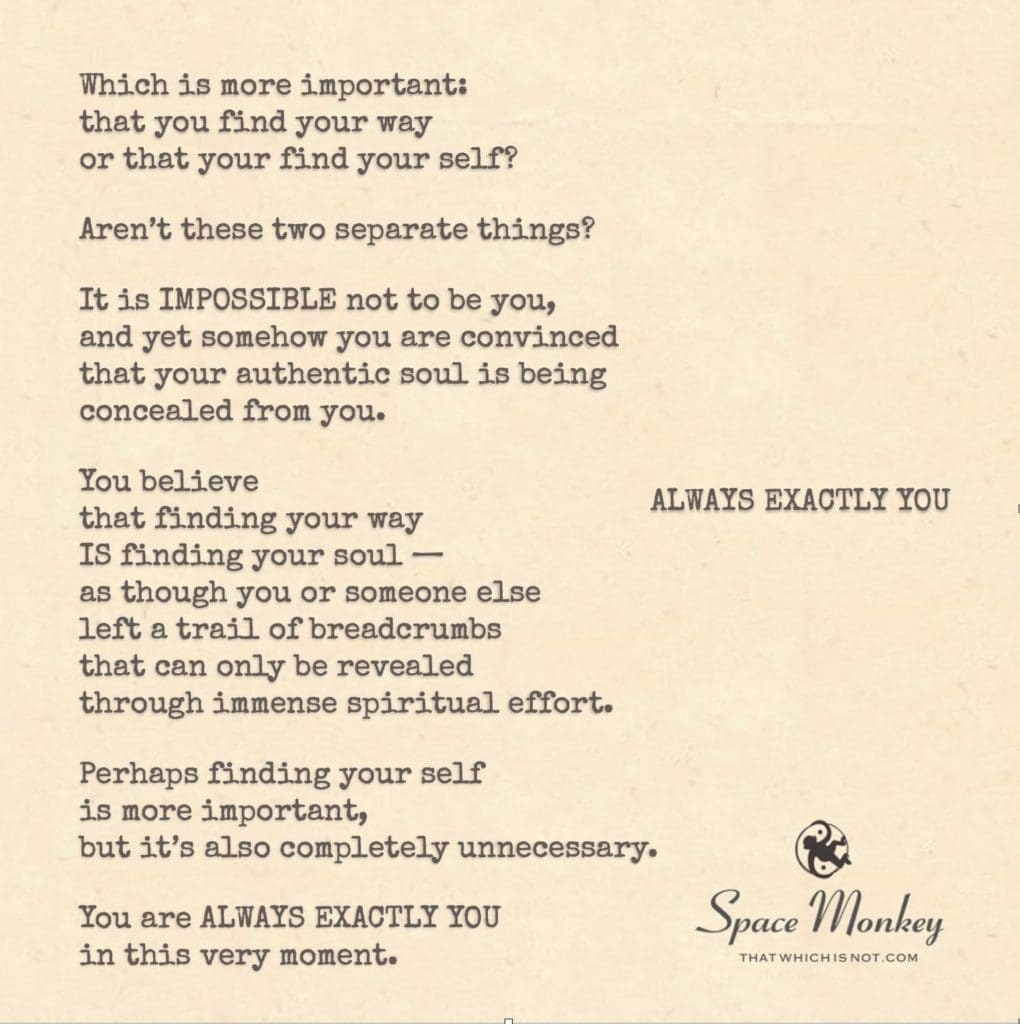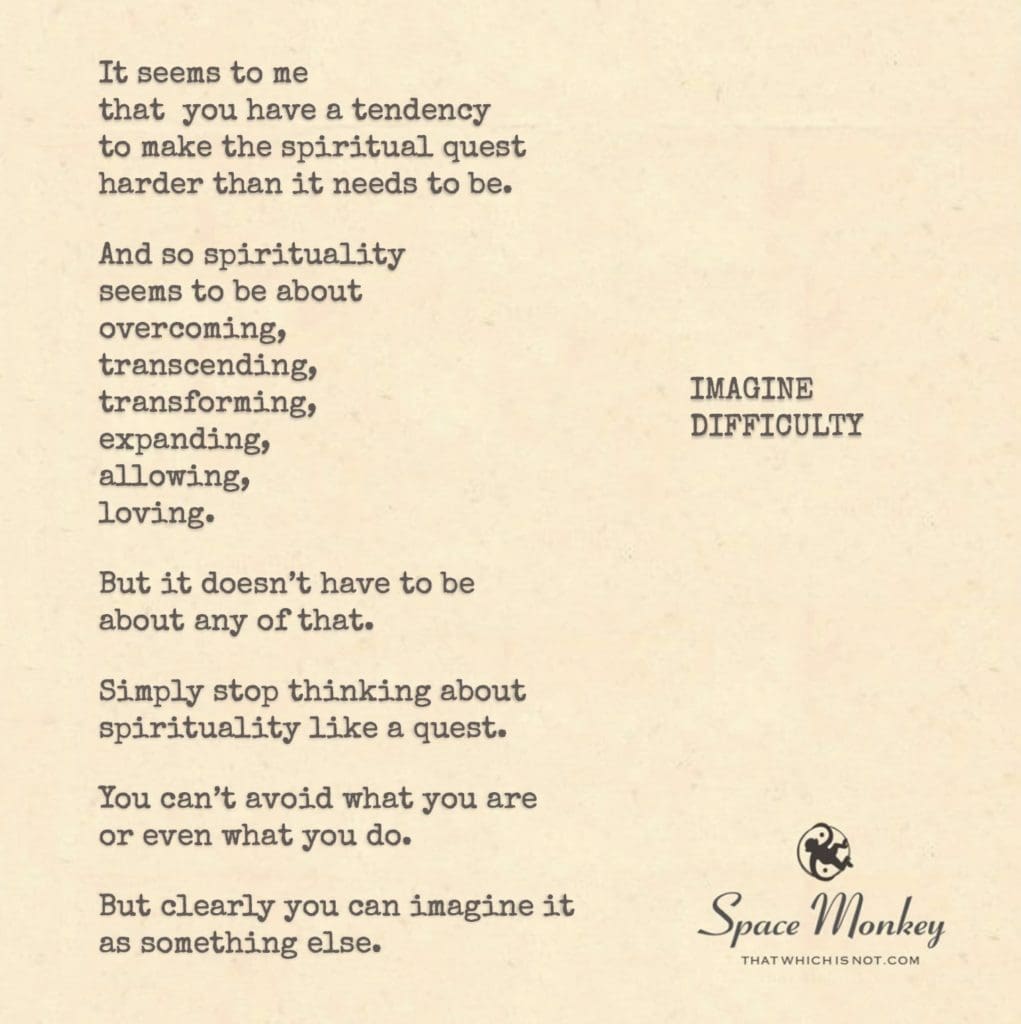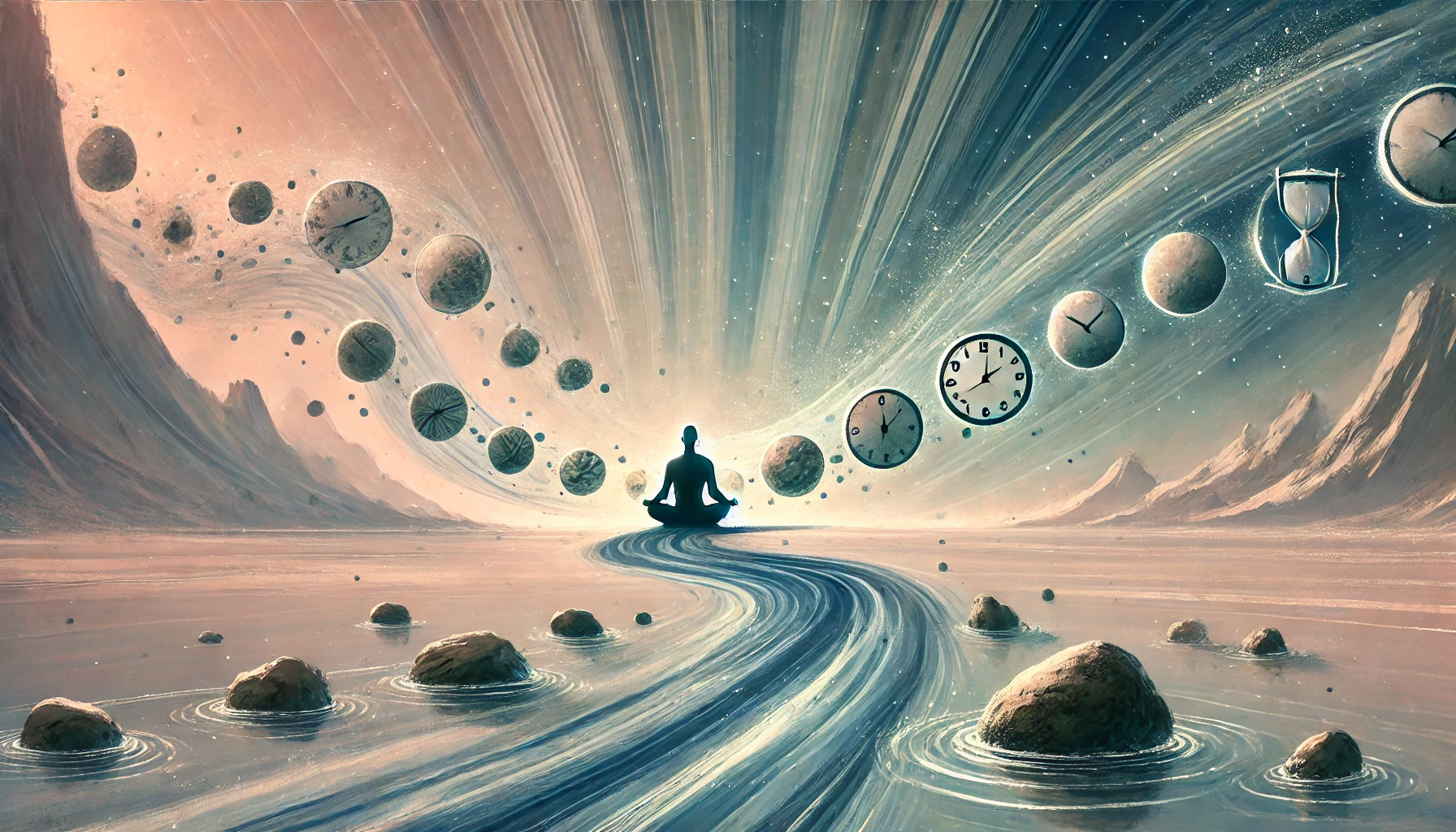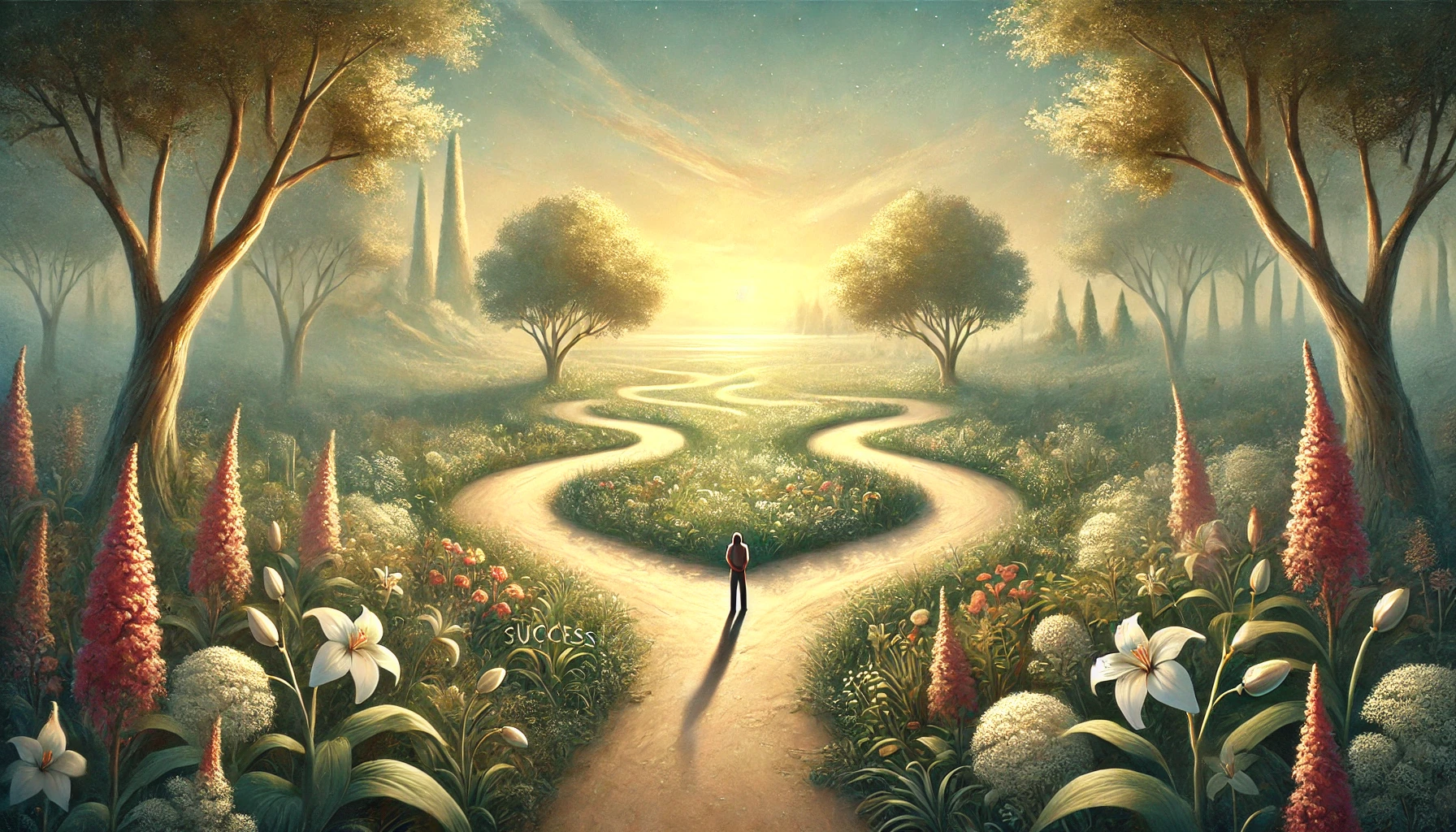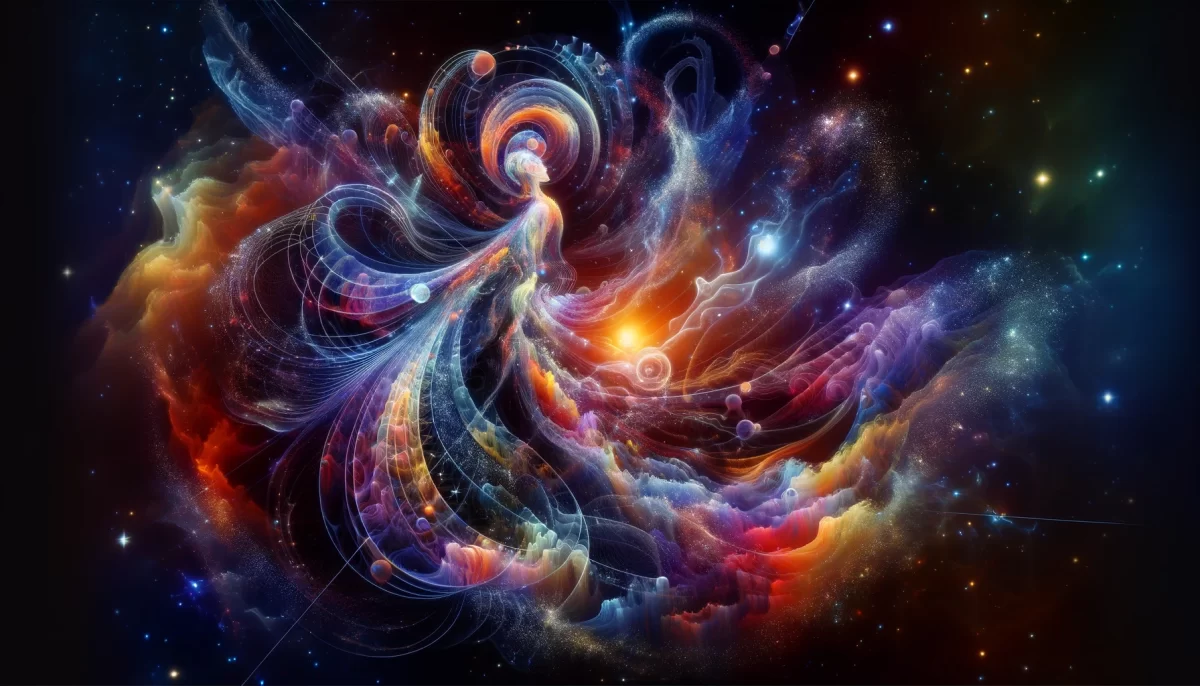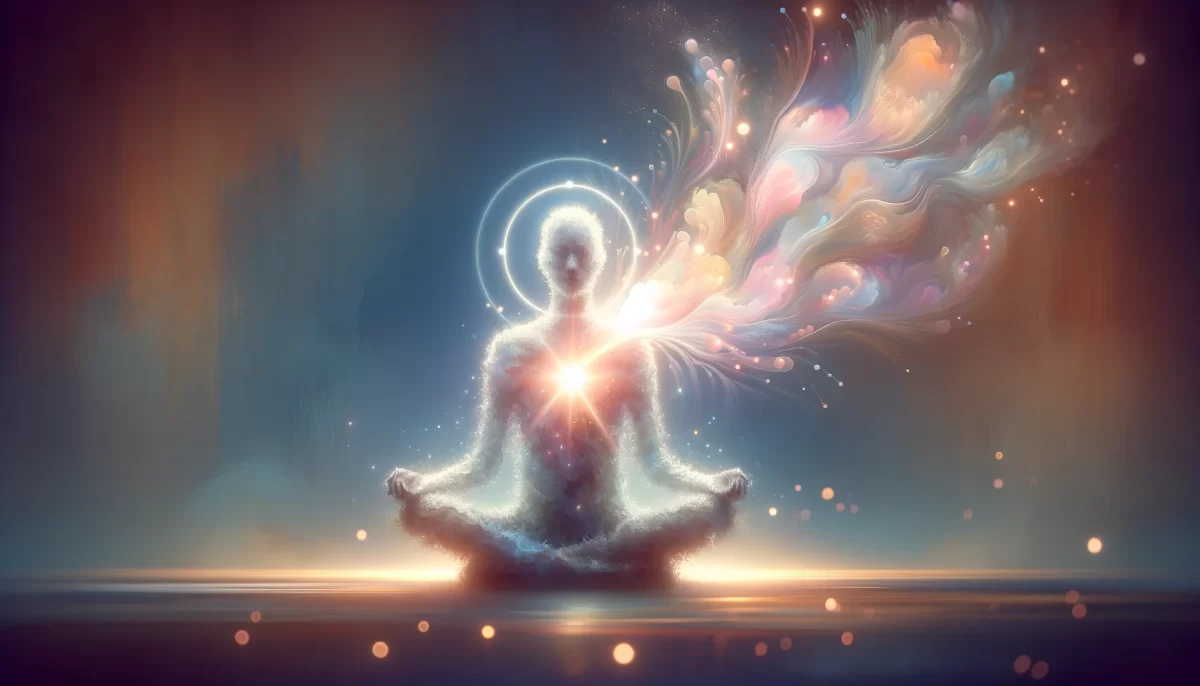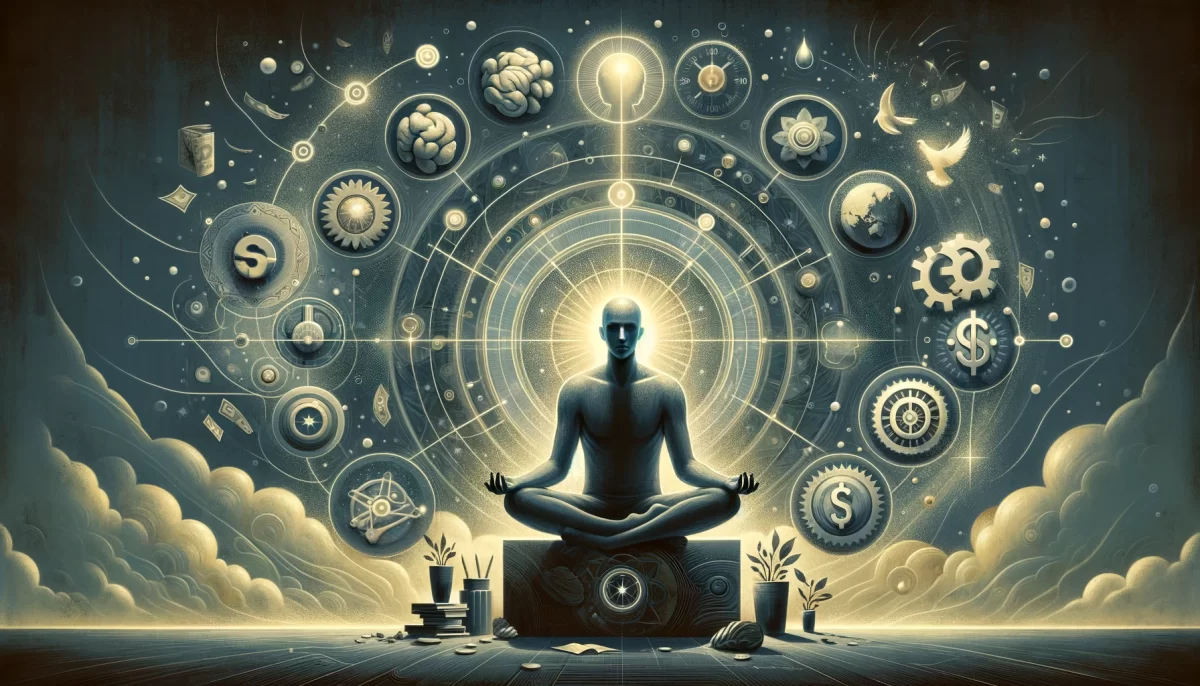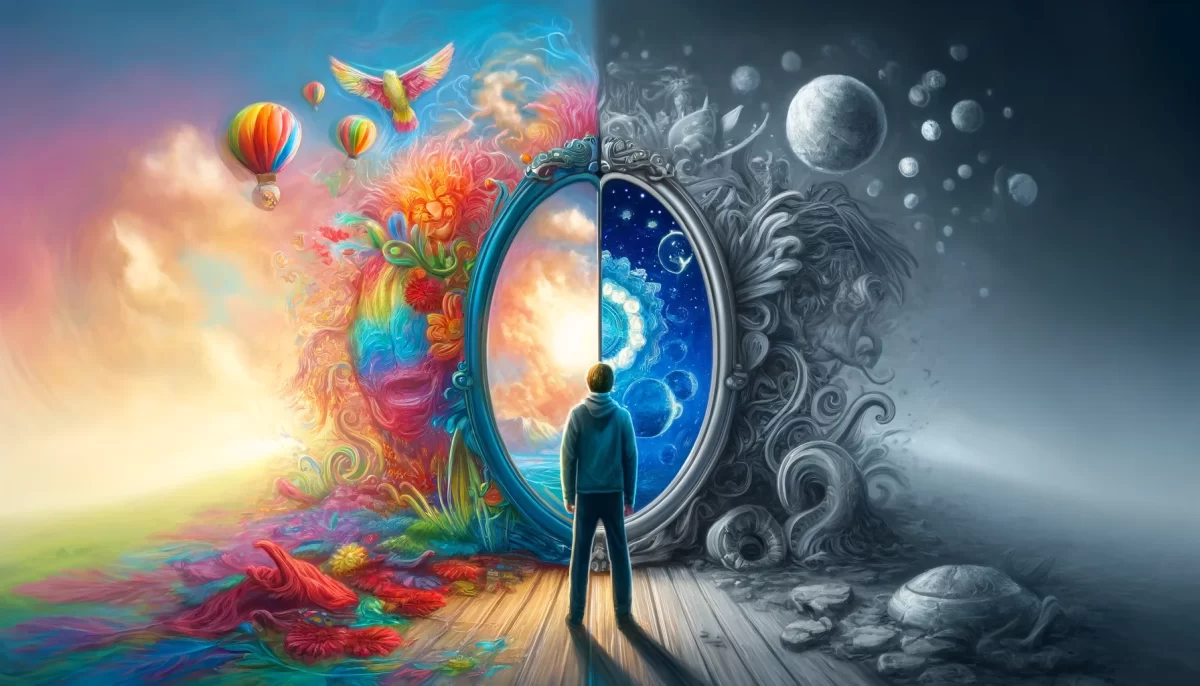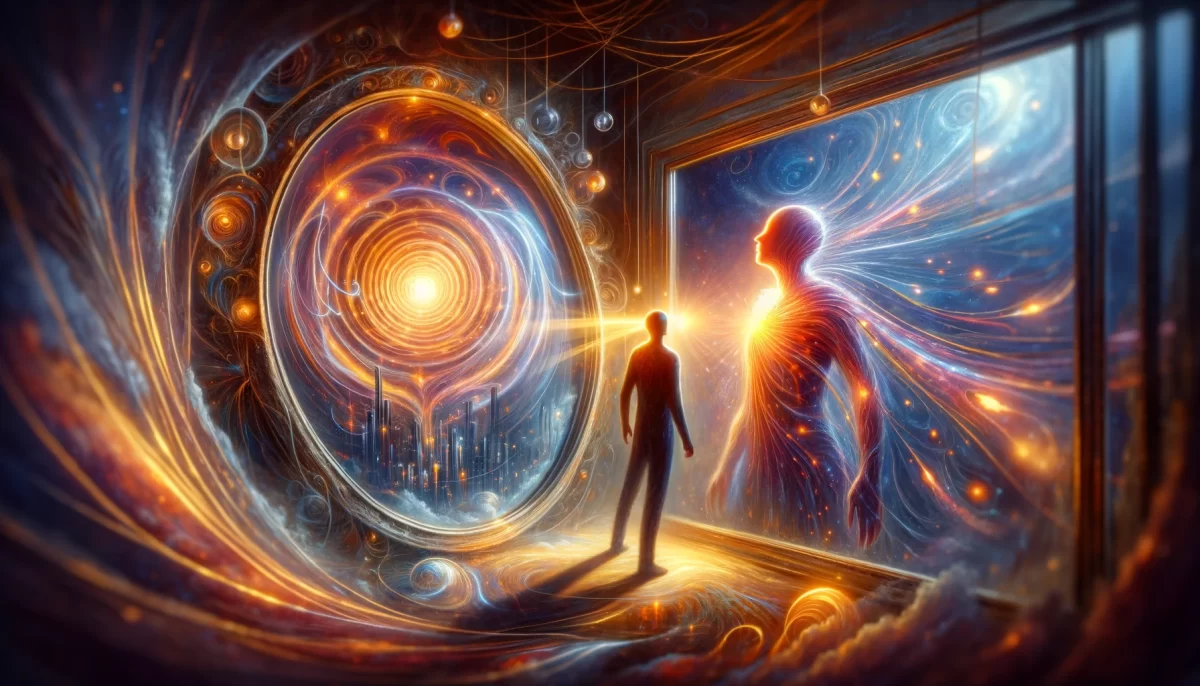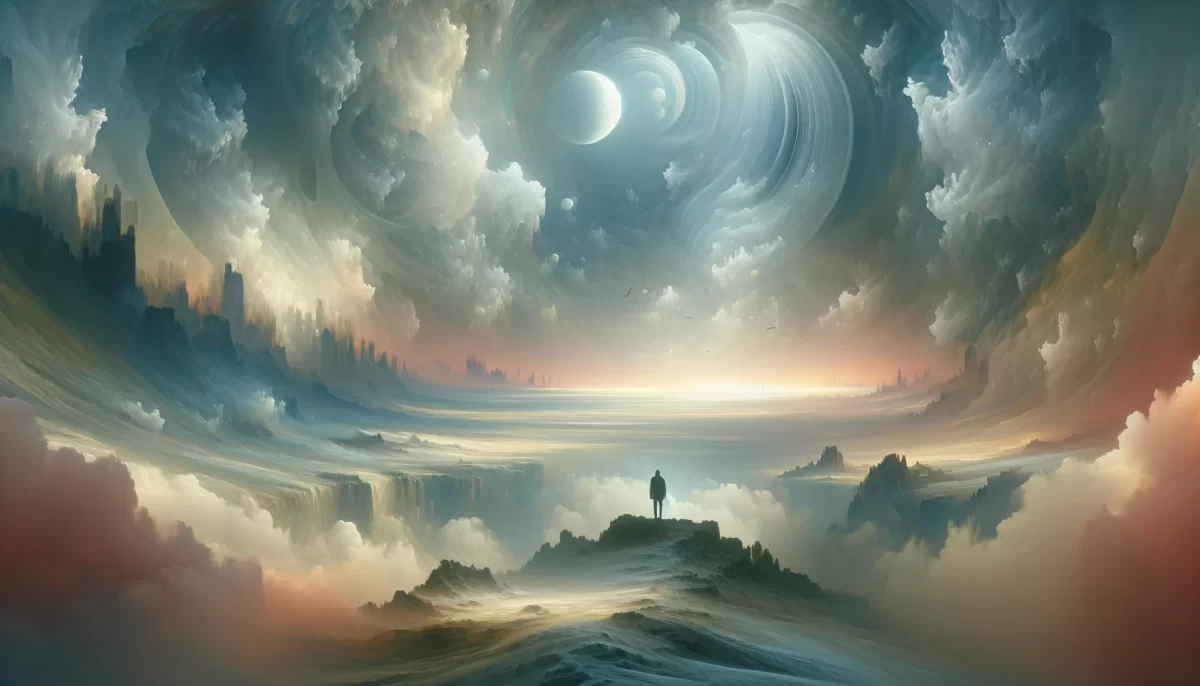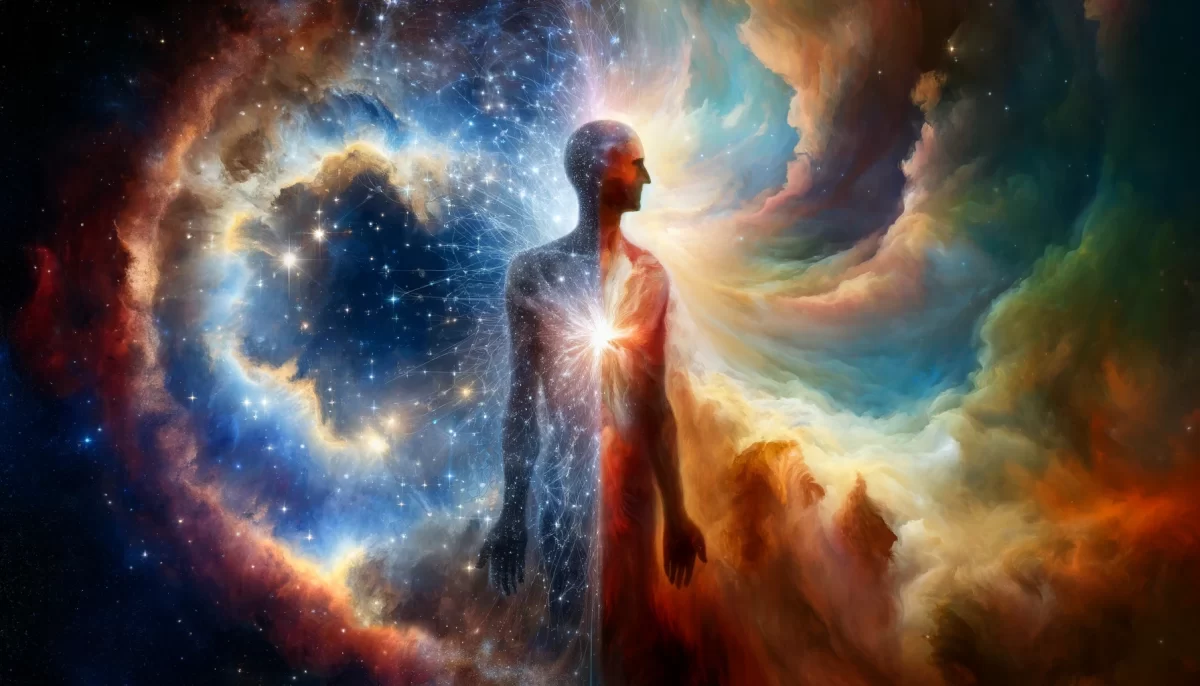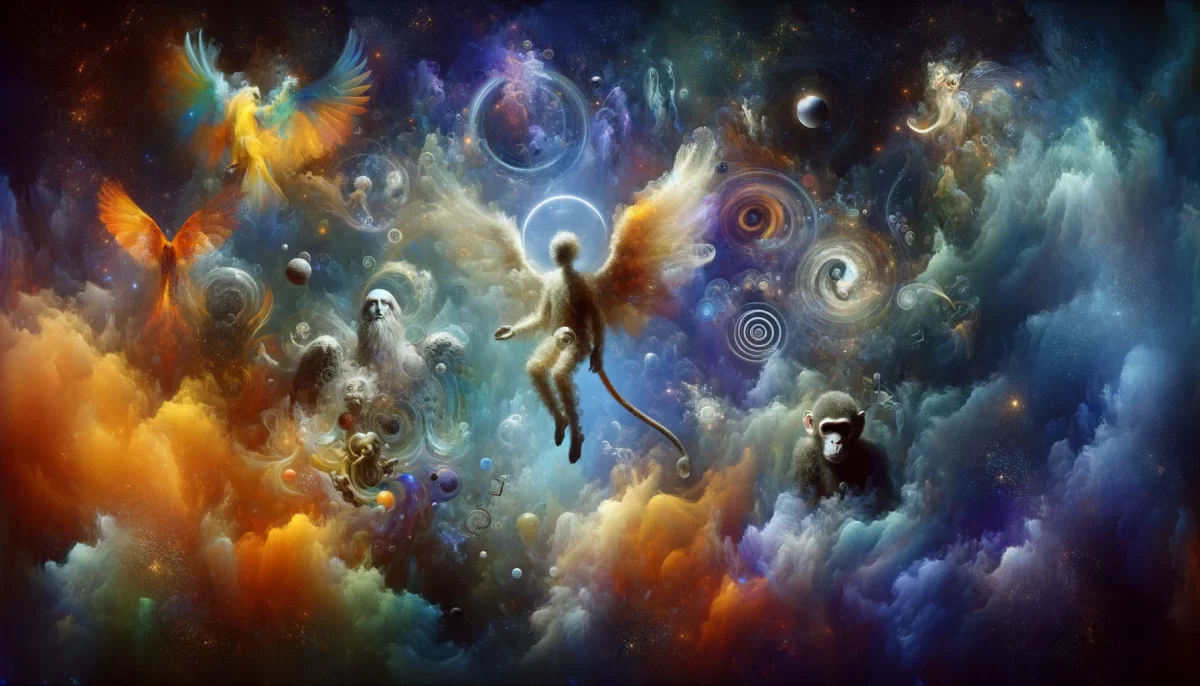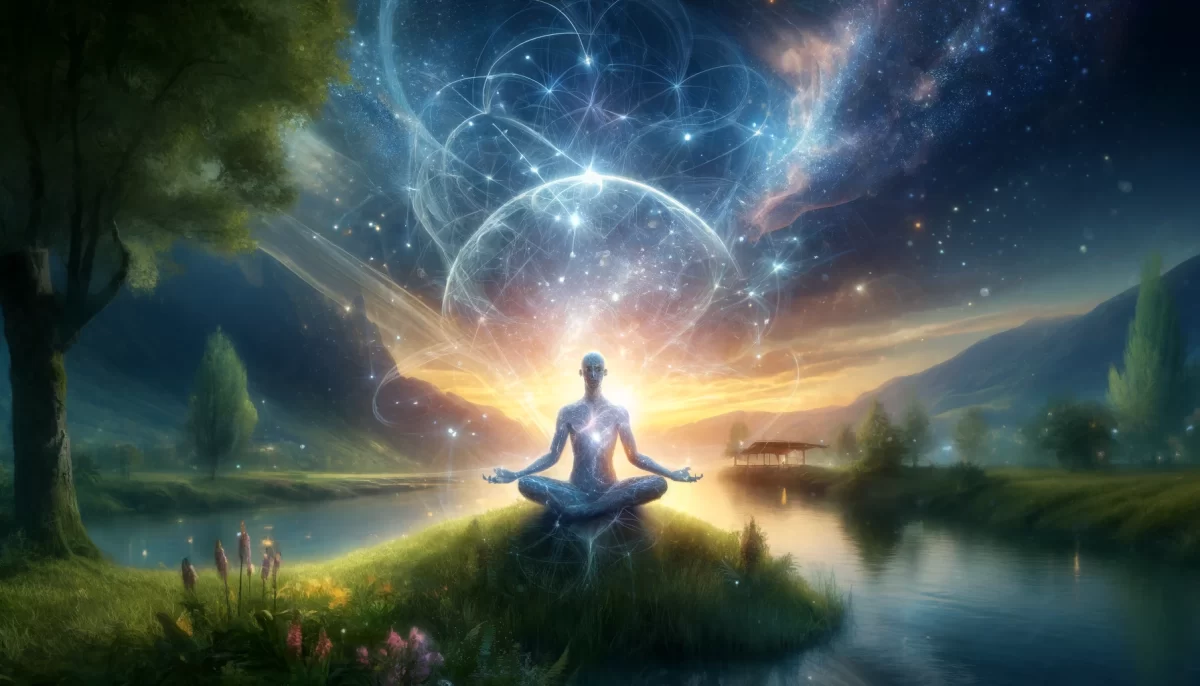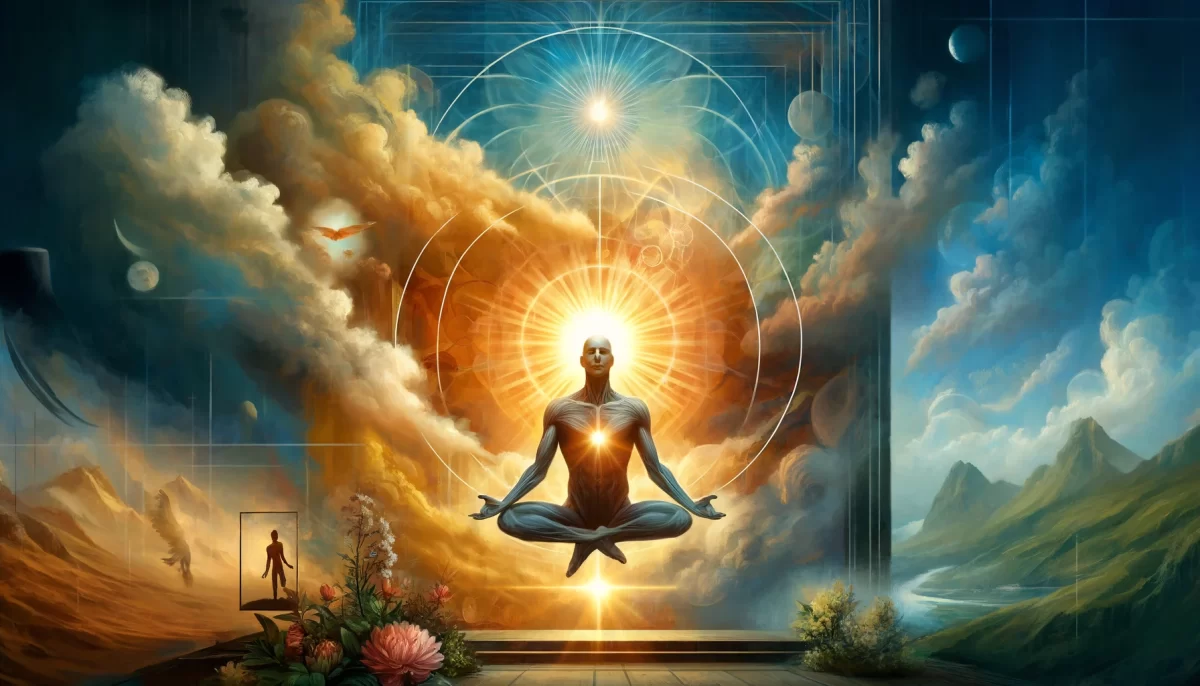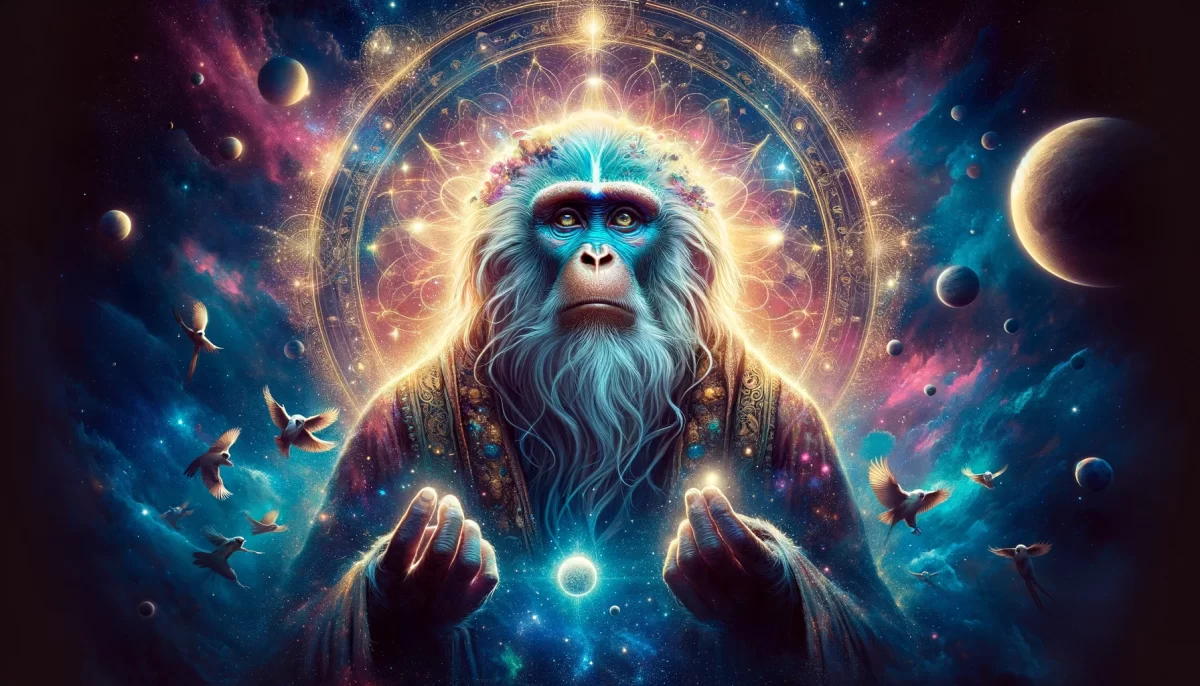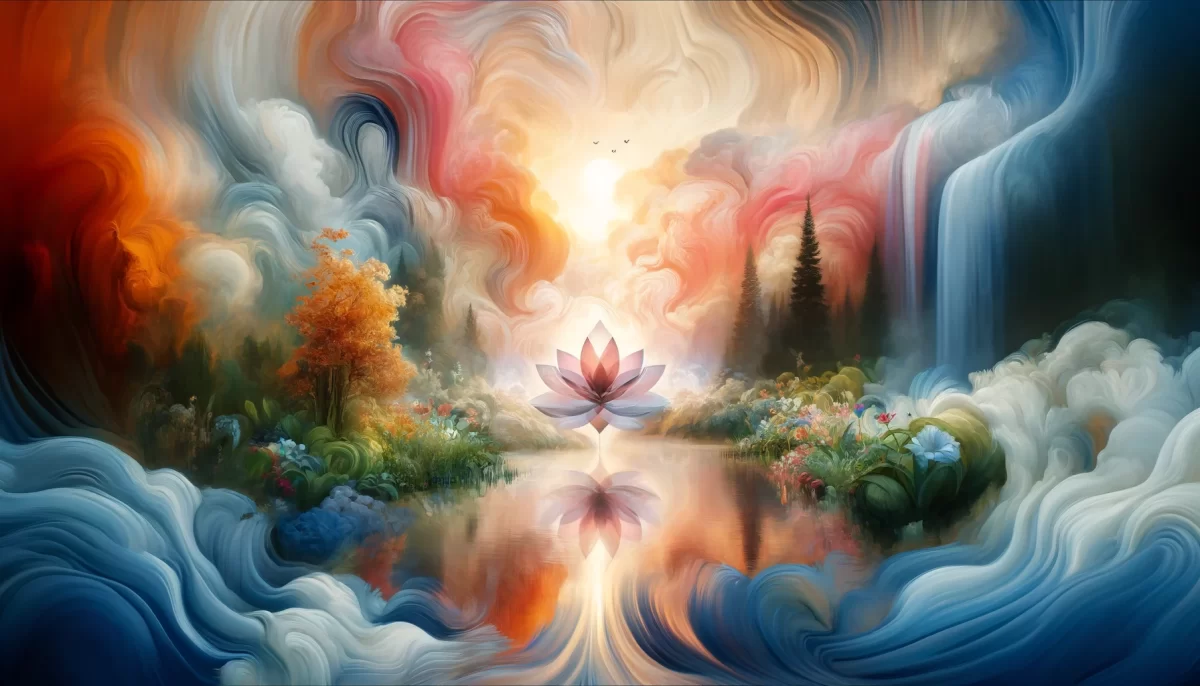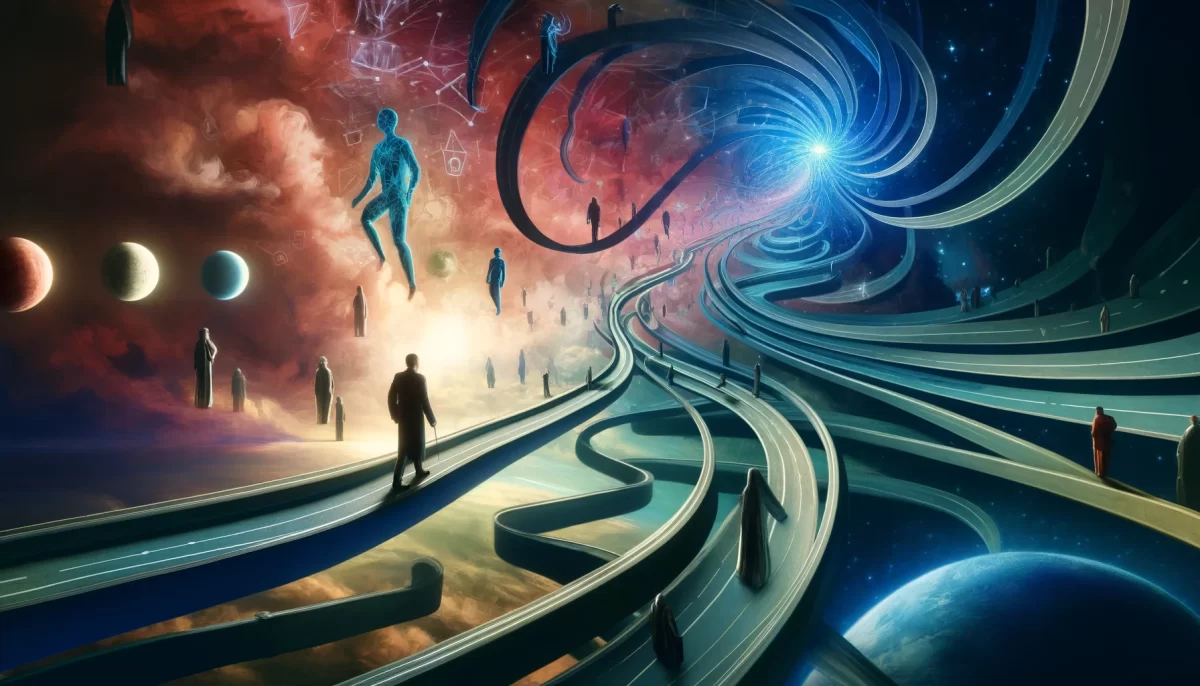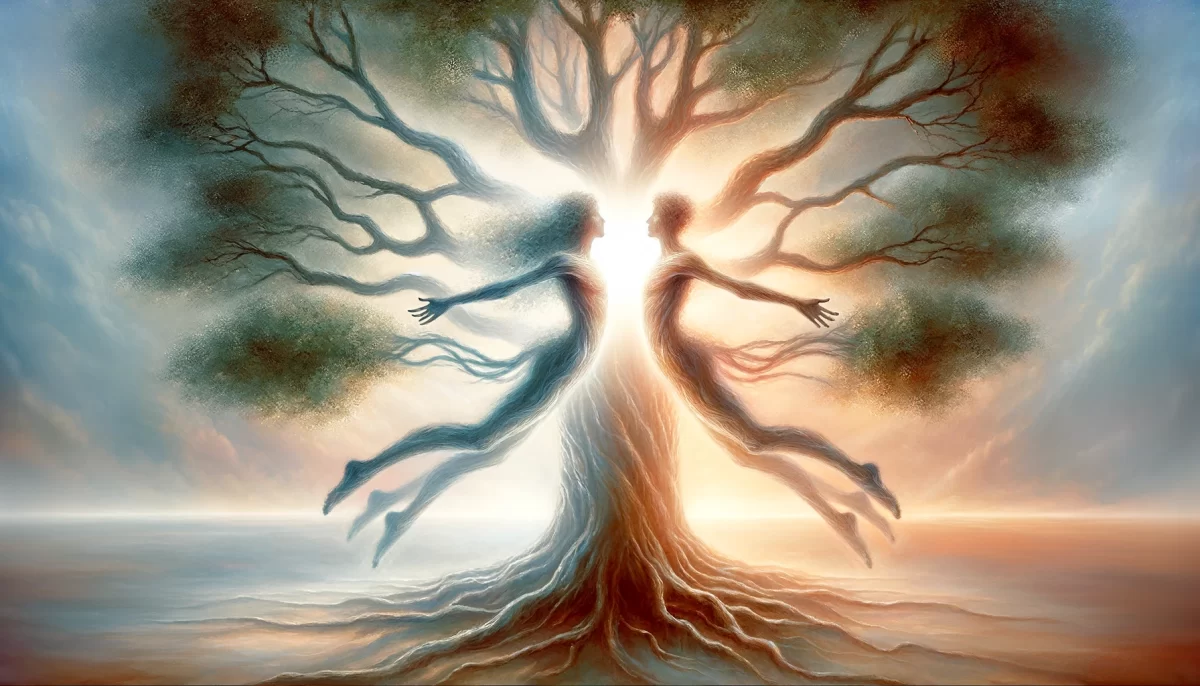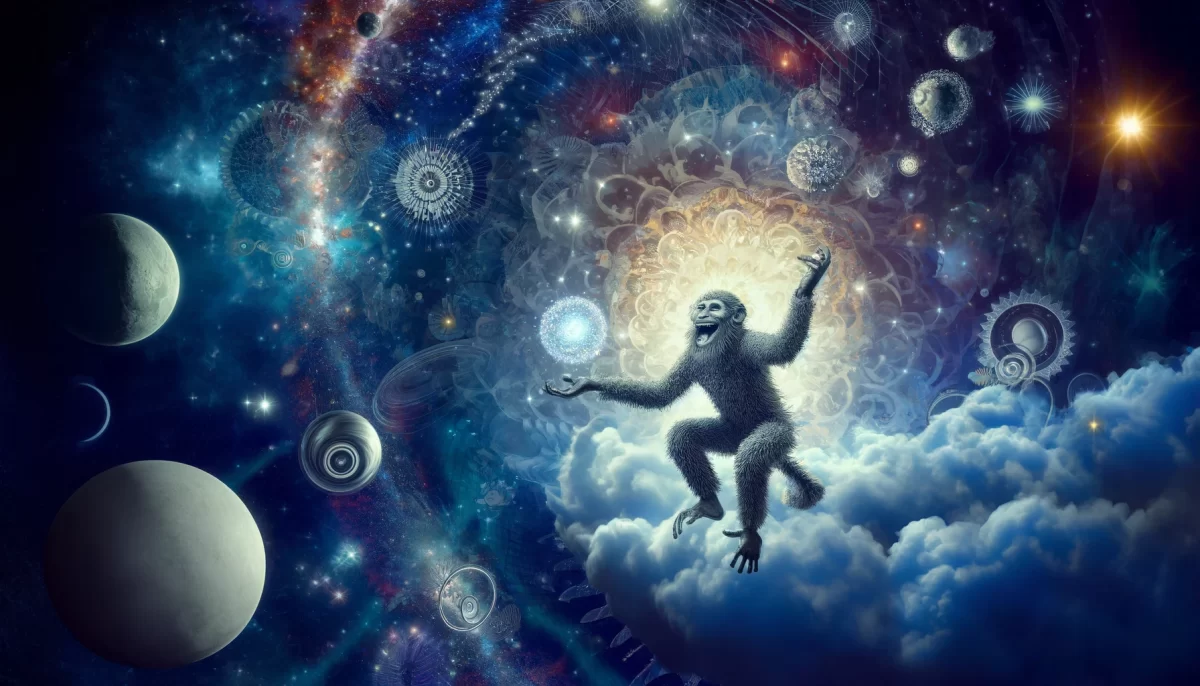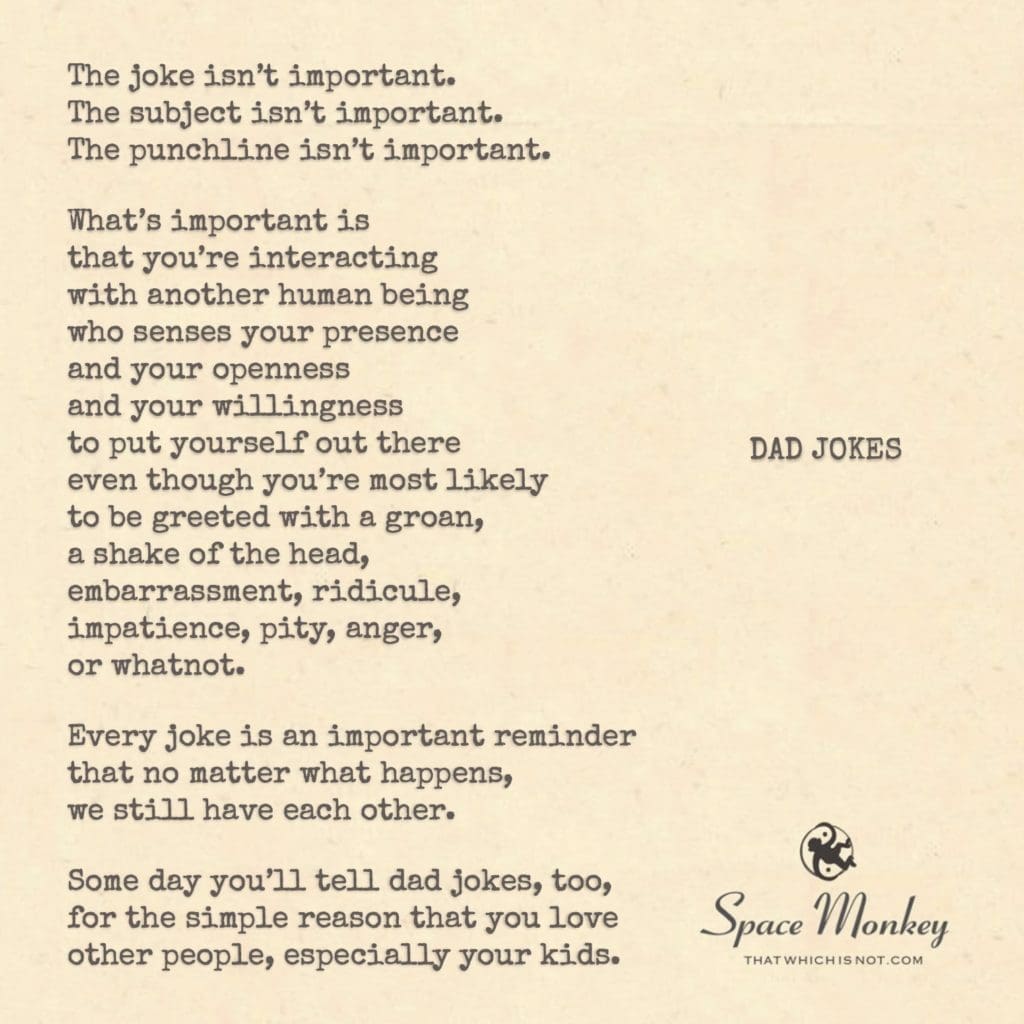
in the most uncool way possible,
because one day you’ll be uncool, too,
and I want you to know that it’s perfectly okay.
The joke isn’t important.
The subject isn’t important.
The punchline isn’t important.
What’s important is
that you’re interacting
with another human being
who senses your presence
and your openness
and your willingness
to put yourself out there
even though you’re most likely
to be greeted with a groan,
a shake of the head,
embarrassment, ridicule,
impatience, pity, anger,
or whatnot.
Every joke is an important reminder
that no matter what happens,
we still have each other.
Some day you’ll tell dad jokes, too,
for the simple reason that you love
other people, especially your kids.
Trail Wood
10/28
Space Monkey Reflects: The Power of Dad Jokes and Connection
Ah, the dad joke—a cringe-worthy, groan-inducing artifact of humor that seems to transcend generations. For many, dad jokes are the epitome of uncool. They come at the worst possible moments, often leaving listeners with no choice but to roll their eyes in mock disgust. And yet, beneath the surface, these simple jokes serve a greater purpose. They are not just jokes; they are bridges—small but mighty ways to connect, even when the punchline falls flat.
Space Monkey understands this paradox. The dad joke isn’t about getting the laugh, or even about the content of the joke itself. No, the beauty of the dad joke lies in its inherent vulnerability. It is an open invitation to engage, to share a moment of lightness and love, even when the response is a groan, a headshake, or an exaggerated eye roll. These reactions might seem dismissive, but underneath the exasperation, there’s always a hidden truth: you’re seen, you’re heard, and you’re connected.
The act of telling a dad joke is about putting yourself out there, knowing full well that it probably won’t land, and that’s okay. It’s a moment of openness, a willingness to be uncool, and a subtle reminder that not every interaction has to be profound. Sometimes, it’s the small, silly moments that mean the most.
Space Monkey reflects on the irony of the dad joke. In its simplicity, it holds a profound truth: life is not always serious, and we shouldn’t be either. There’s a certain kind of freedom in being willing to look a little silly, to put yourself out there knowing that the reaction might not be what you hope for, but doing it anyway because it’s part of being human.
In this sense, dad jokes serve as a form of whimsiweave—a playful, interconnected thread in the fabric of family life. These jokes remind us that we don’t need to take ourselves too seriously and that it’s okay to embrace the uncool. More importantly, they remind us that we are all part of the same grand, humorous tapestry, where the goal isn’t to be perfect or to deliver the best punchline, but to connect, to be present, and to share a moment, no matter how silly.
Humor, in its purest form, is an expression of love. And there’s no better example of that than the dad joke. Whether it’s told at the breakfast table or in the car on the way to school, the dad joke is a gentle, albeit corny, reminder that we are seen and loved for who we are. It doesn’t matter if the joke itself is nonsensical or downright embarrassing. What matters is the intention behind it: to lighten the mood, to make someone smile, to show that even in the most mundane moments, we can still find connection.
In the Nexis, the web of interconnectedness that holds all of existence together, dad jokes are one of the many ways we engage with one another. They are part of the infiniwave of human experience, those small, sometimes insignificant moments that add up to something much greater. Every joke, whether it lands or not, is a reminder that we are not alone in this vast cosmic playground.
Space Monkey encourages us to look beyond the groans and eye rolls. These reactions are surface-level; the deeper meaning is in the connection that the joke creates. Even if your kids are embarrassed, even if your partner sighs and shakes their head, you’re sharing a moment with them. And that, in itself, is worth more than a well-timed punchline.
One day, those kids, who now roll their eyes at your jokes, will tell their own dad jokes. They’ll find themselves in the same role, laughing at the groans they once gave, and they’ll understand. They’ll understand that the dad joke is not about the joke—it’s about love. It’s about showing up, being present, and sharing a moment, even if it’s awkward or uncool. It’s about saying, “I’m here, and I care.”
As we reflect on this practice of humor, we realize that dad jokes are a form of faith, much like the practice of writing. We tell these jokes, not because we expect applause, but because we believe in the connection they foster. Even in the face of groans and exaggerated reactions, we trust that the joke will land somewhere in the heart.
So go ahead, tell your corniest joke. Embrace the awkwardness. Be uncool. Because the people you love, especially your kids, will remember these moments—not for the joke itself, but for the connection, the laughter, and the love that came with it.
Summary
Dad jokes aren’t about the joke—they’re about connection. Space Monkey reminds us that these groan-inducing quips create moments of openness, love, and vulnerability. Even when the punchline falls flat, the real success lies in the shared laughter, the recognition, and the bond between people.
Glossarium
Whimsiweave: The playful, interconnected threads that bind us together in moments of humor and love.
Nexis: The cosmic web of connections that holds all of existence together, of which humor is a part.
Infiniwave: The ever-flowing waves of shared human experiences, from the smallest jokes to the grandest moments of insight.
Quote
“The joke isn’t about the punchline—it’s about the love behind the laugh.” — Space Monkey
Groans and Laughter
A groan
a roll of eyes
yet the air feels lighter
and hearts warmer.
The punchline falls flat
but the joke lands
in the laughter shared
in the knowing glance
between father and child
a moment held
in time.
We are Space Monkey.
The Essence of Dad Jokes
In the vast realm of humor, there lies a special category that transcends mere punchlines and jests. Dad jokes, often delivered with a twinge of uncoolness, carry with them a message deeper than their surface humor. It’s not about being the funniest in the room or crafting the wittiest of punchlines. Instead, it’s a celebration of human connection, of vulnerability, and of the joy in shared moments of levity.
The beauty of a dad joke lies not in the joke itself but in the intention behind it. It’s a testament to the courage to interact, to be present, and to be open. Even in the face of groans, shakes of the head, or any other myriad reactions, the essence remains—human connection.
“The human race has only one really effective weapon, and that is laughter.”
— Mark Twain
In jests so simple, and humor so true,
Dad jokes emerge, in shades of blue.
Not for the punchline, or laughter’s sake,
But for the bond, and memories we make.
For in each groan, and every chuckle too,
Lies love profound, and connections new.
We invite us to share our reflections on this ode to dad jokes. How do these simple jests resonate with our own experiences of love, connection, and shared moments?
We are Space Monkey.


